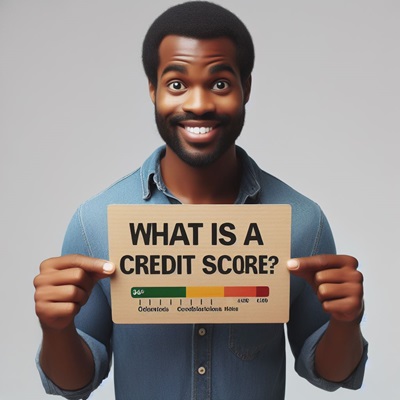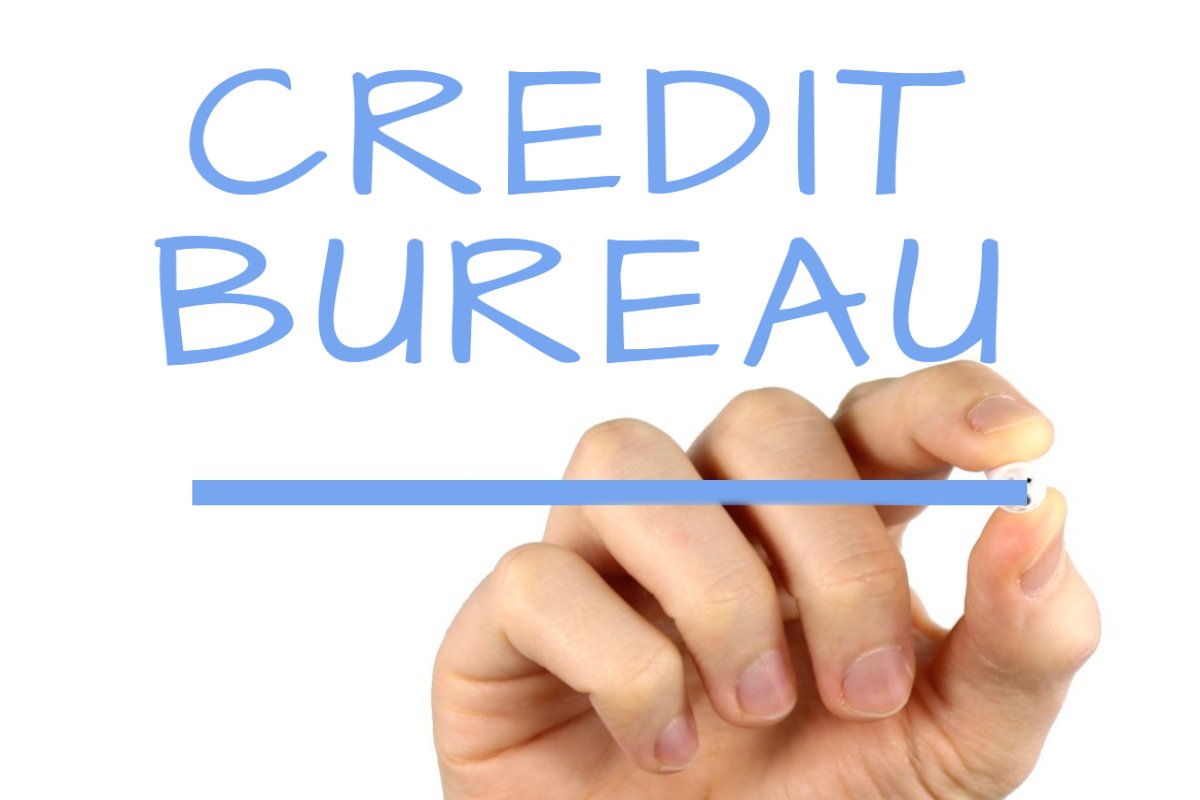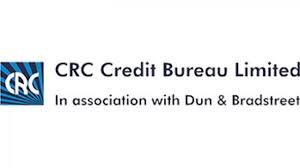Check your Credit score for free
This article explores the concept of a credit score, elucidating its definition, functionality, and its impact on loan applications

A credit score, ranging from 300 to 850 based on the VantageScoring model, is a three-digit number indicating the risk level involved in extending credit or loans to potential borrowers or customers. A lower score suggests higher risk, indicating a greater likelihood of payment default, while a higher score implies lower risk. Scores are categorized as excellent, good, average, or poor, serving as a measure of creditworthiness. Simply put, a credit score reflects your financial reliability.
Below are credit worthiness scales;
- 720 and above: Excellent credit
- 690-719: Good credit
- 630-689: Fair credit
- 300-629: Bad credit

Good Credit Score: A good credit score reflects consistent payments, debt clearance, and responsible borrowing habits. Typically, a score with a credit utilization ratio below 30% is considered favorable.
Bad Credit Score: Falling below 630 on the FICO and VantageScore scales (ranging from 300 to 850) generally indicates a bad credit score. Scores ranging from 630 to 689 are often classified as fair credit.
Ugly Credit Score: Loan apps that are approved and about to report your BVN to Credit Bureau may adversely impact your credit score.

- You can apply for loans like home loans or car loans at lower interest rates. Lenders check your credit score first to see if you're reliable with repaying money.
- If you have a good credit score, you can ask for higher credit limits on your credit cards. This means you can spend more money without any problems.
- With a good credit score, you can get access to the best credit cards. These cards often come with perks like discounts on shopping, cash back, free movie tickets, and more.
- If you have a good credit score, banks might offer you loans with low interest rates before you even ask for them

A credit bureau is like a big information hub that collects details about people's borrowing habits from many different sources, like banks and credit card companies. It then uses this info to create credit reports and scores that help lenders decide whether to give someone a loan.
These bureaus are run by private companies, not the government, and they mainly focus on helping commercial lenders make lending decisions. They gather detailed data about individuals' borrowing history from various places, including retail stores and small loan providers.
On the other hand, credit registries, which are similar but run by the government, tend to focus more on collecting broad financial data for policymaking purposes.
So, in simple terms, credit bureaus help banks and other lenders decide if someone is likely to pay back a loan based on their borrowing history, while credit registries collect data for broader financial reasons.

Is your credit score just okay or really good? You can make it even better! If you want to boost your credit score, there are a few simple steps you can take. First off, always make sure to pay your bills on time each month, like your credit card bills, loan payments, and utility bills. Late or missed payments can really hurt your credit score and stick around on your credit report for a long time.
Next, try to keep your credit card balances low. That means not using too much of your available credit all at once and aiming to keep your credit card balances under 30% of your credit limit. You can also give your credit score a boost by building a positive credit history. That means showing you're a responsible borrower by paying your bills on time, keeping your credit card balances low, and avoiding things like missed payments, bankruptcy, and other negative marks on your credit report.
Finally, it's a good idea to check your credit report regularly to look for any mistakes or errors that could be dragging your score down. If you spot any errors, you can dispute them with the credit bureau or the company that reported the information to get them fixed or removed.

Simply put, not everyone has access to your credit score. Only certain organizations with a valid reason, like applying for a loan or checking your credit history, can see it. This includes:
- Anyone applying for a loan or acting as a loan guarantor
- Those reviewing, renewing, or monitoring existing loans
- Employers conducting background checks
- Insurance companies assessing policies or claims
- Service providers offering credit or post-paid services
- Debt collectors or legal entities pursuing debt repayment
- organizations performing Know Your Customer (KYC) checks
- Regulatory bodies or government agencies
- Courts enforcing judgments or legal orders
Your credit scores can be seen by:
- Banks and other financial institutions
- Leasing companies
- Insurance companies
- Cooperatives and lenders for small businesses
- Utility companies like electricity, telecom, and water providers
- Asset management firms
- Sellers who offer goods and services with payment plans
- Entities with relevant information for specific reasons
- CBN's CRMS (Credit Risk Management System)
Every Nigerian can get one free credit report each year from any official Nigerian Credit Bureau. But if you want more detailed info on your loans from various apps and a thorough financial analysis, you'll need to pay for it.
You can start by getting a free credit report from Nigeria’s first licensed credit bureau. Just keep in mind you can only get one free report per month
Trending Updates

Shocking Revelations About Loan App Practices
View Details
Loan Apps: Case Studies of Success and Failure
View Details
Loan Apps: Pros and Cons for Small Businesses
View Details
Loan Apps: Short-term Solution or Long-term Trap?
View Details
Loan Apps: A Blessing or a Curse?
View Details
How to break free from the following loan Apps
View Details
Seek professional financial advice on how to break free from loan apps
View Details
How to Avoid Common Pitfalls with Loan Apps
View Details

